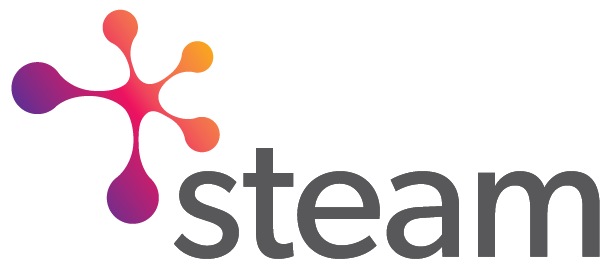Welcome to our STEAM online course in science communication. This course can act as a stand-alone, providing you with a basic understanding of various areas of science communication. It can also be a foundation for attending the STEAM face-to-face programme in Malta, where you will build on the learning found here by applying your new knowledge and developing skills.
Progression
There are 11 modules in this course and we recommended completing them in order, particularly modules 1-3. Click on the curriculum and then on each link to start a lesson. Under each lesson is a ‘complete‘ button. This records your progress so you can come back to the course at any time and pick up where you left off. Each module also ends with a quiz.
Activities
Throughout the modules are activities for you to complete with ‘paired sheets‘ that you can refer to for answers or guidance. They are not part of any assessment but are there to help cement what you have just learnt. Some activities have the opportunity to submit your answers to us so they can form part of our discussions at the summer school.
Quizzes
The quizzes at the end of each module are an opportunity to test your learning and form the ‘assessment‘ of this course. You have three attempts at each quiz and it is not timed. Once you have submitted your first attempt you can click on the ‘review‘ button to see your answers as well as our guidance.
Contact
If you have any questions or issues with the course, don’t hesitate to contact us at steam@um.edu.mt or send a message to our Facebook page.

